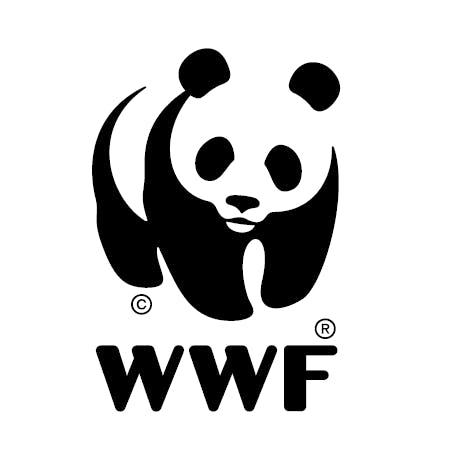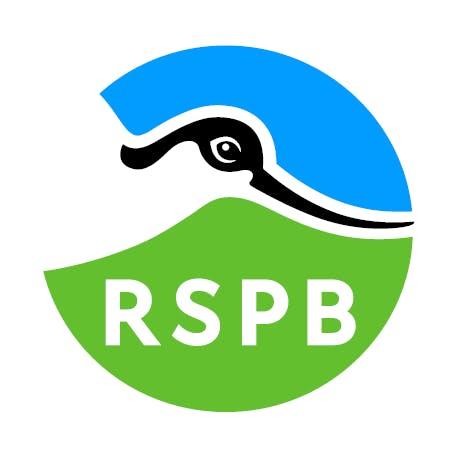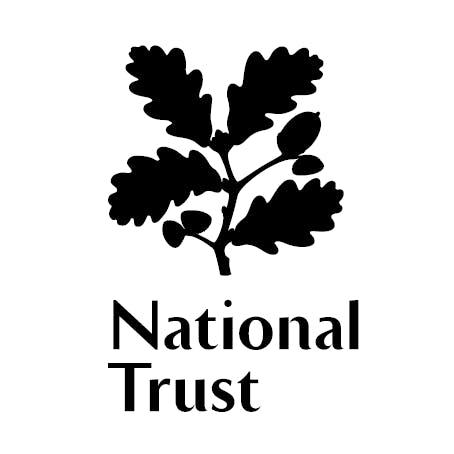Intensive farming
Many of our farming methods are destroying the nature they rely on
We can’t survive without food, and our food system can’t survive without nature. But intensive farming to produce food is destroying the nature it relies on. We must adopt a more nature-friendly approach to create a way of farming that’s sustainable for wildlife and for us too.
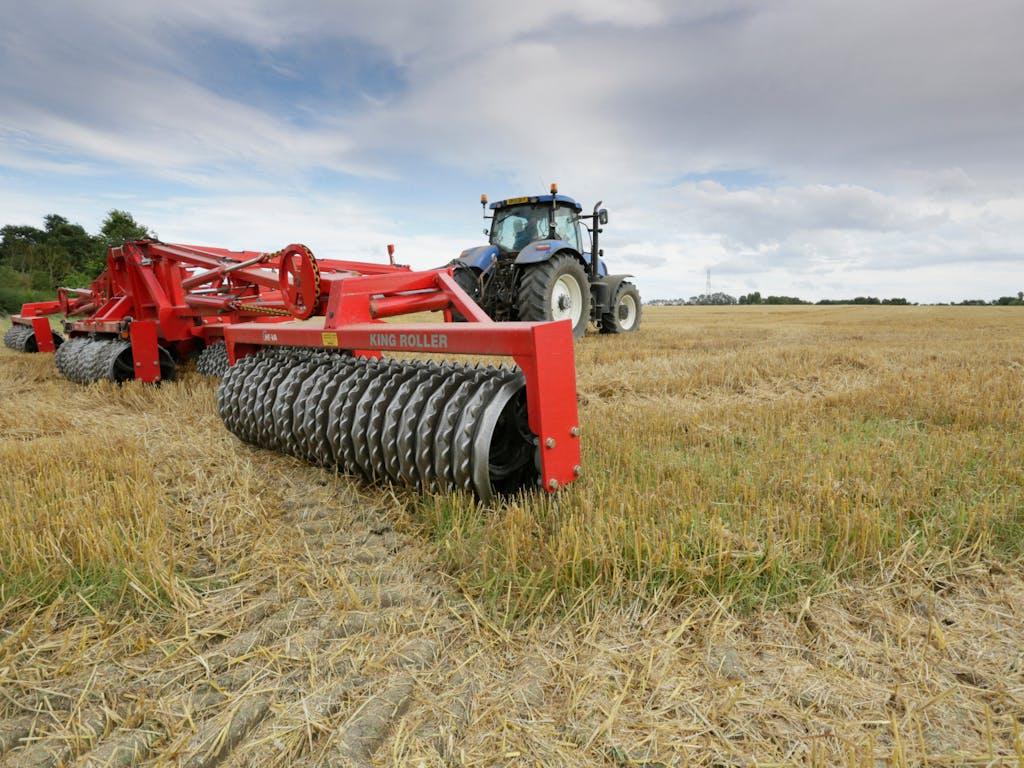

Bad deal
Many of today’s farming methods were devised to boost production, rather than as part of a system that’s also good for nature. And it’s because of these methods, used across wide areas of land with no space for wildlife to thrive, that we’ve lost so many of our species-rich grasslands and the wildlife that depends on them for survival.
Since the 1970s, farmland birds such as tree sparrows and turtle doves have decreased by more than 70% and birds we think of as common, such as starlings, are in serious trouble. Even species beneficial to farming are often harmed – 40% of bees and other insects that pollinate crops are now at risk of extinction in the UK. Intensive farming also causes water pollution, depletes the soil of nutrients and reduces the land’s ability to store carbon.
We know that many farmers care deeply about nature. But at the moment, government policies don’t provide enough support for them to balance managing their land for nature with the need for affordable food. The good news is, we can change that.
More than 70% of our land is farmed in the UK and our domestic food system alone accounts for around 20% of our greenhouse gas emissions
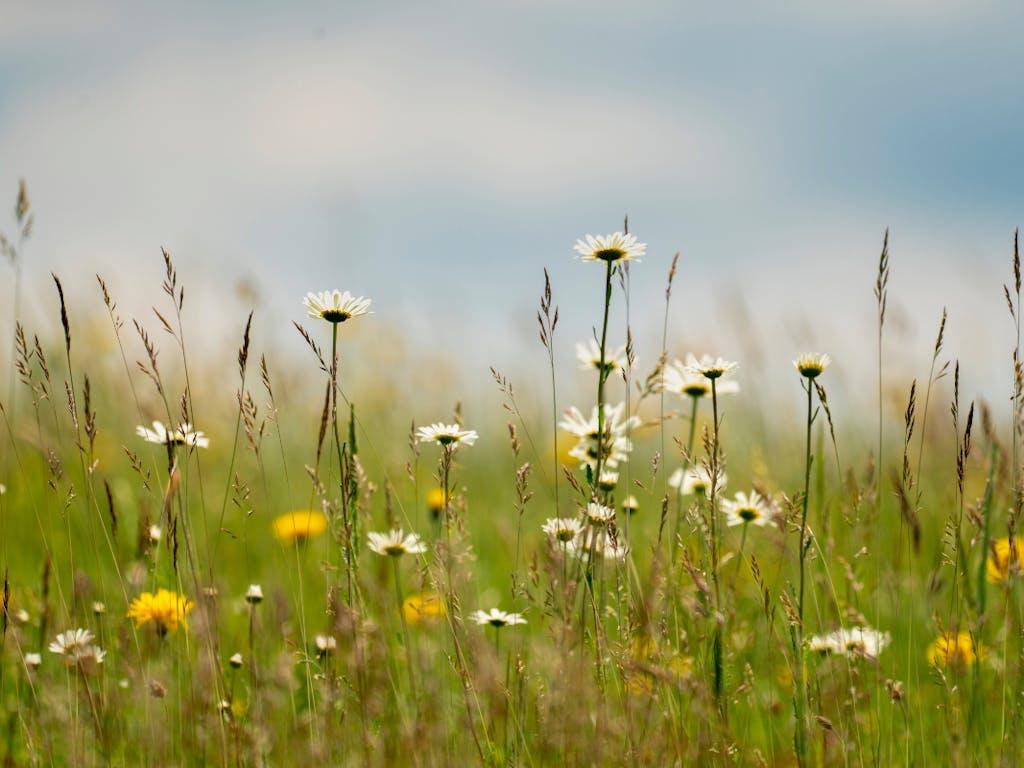

With nature
More than 70% of our land is farmed in the UK and our domestic food system alone accounts for around 20% of our greenhouse gas emissions. If intensive farming continues, this will accelerate the climate crisis and threaten our ability to grow food in the future.
One solution is nature-friendly farming. This balances our need for sufficient and sustainable food with the needs of the natural world, including the fight against climate change. It’s good for us too, as the food produced is healthier and more nutritious with less risk of pesticide residues.
We need farming to continue producing food to feed us. But farming also needs nature for pest control, pollination and to help maintain healthy soils. Putting nature at the heart of the whole farmland ecosystem is a win-win that benefits our vital grasslands, wildlife, farmers and ultimately, all of us.
Discover how National Trust tenant farmers are making more space for nature using innovative, low-carbon farming methods on land in their care.
Species at risk from intensive farming
What is being done?
For every danger there is a solution, and the fight has already begun to preserve and restore our wild isles. Be inspired by these stories of hope as we all play our part.








